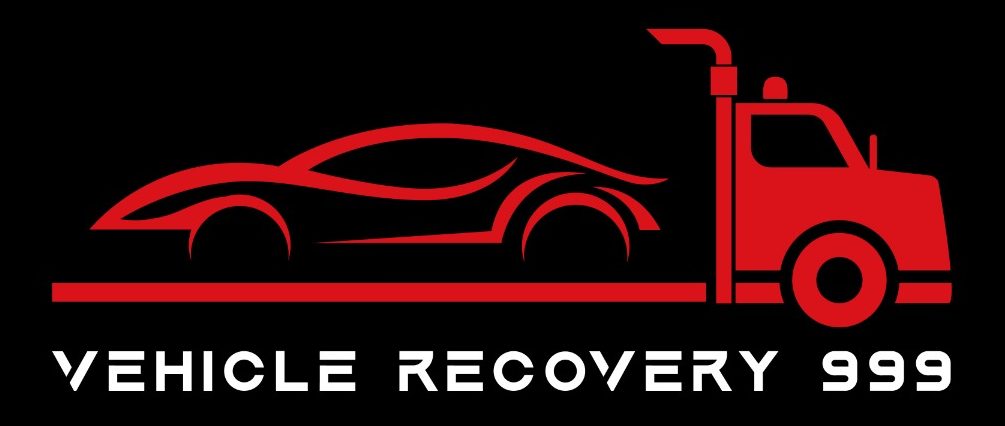When your car breaks down on the highway or won’t start in your driveway, calling for help shouldn’t be a guessing game. This is where the role of a licensed tow operator becomes essential. Whether it’s a minor roadside issue or a serious breakdown, trusting someone qualified ensures your vehicle is handled correctly from the start.
What Makes a Licensed Tow Operator Different?
A licensed tow operator holds a legal certification to offer towing services. This isn’t just a badge—it’s proof they’ve met training standards, understand local laws, and can manage various roadside situations. Their license shows they’re not only skilled but also accountable.
Key Responsibilities of a Licensed Tow Operator
- Assess the condition of your vehicle
- Choose the appropriate towing method (flatbed, hook and chain, wheel-lift)
- Secure the vehicle for safe transport
- Communicate clearly and provide proper documentation
Their training covers safety protocols, load management, and emergency procedures, making a real difference in tough conditions.
Situations That Require Flatbed Towing
Flatbed towing isn’t always necessary, but certain cases make it the safest option. A licensed tow operator will know when to recommend it, such as:
- Vehicles with severe suspension damage
- All-wheel drive cars that can’t be towed with wheels on the ground
- Transporting luxury or exotic vehicles
- After an accident where the wheels no longer roll
These aren’t just preferences—they’re decisions that prevent more damage during towing.
Examples from the Road
Imagine calling for help after a fender bender. A non-licensed tower might use a hook and chain, risking bumper or undercarriage damage. A licensed tow operator, on the other hand, would likely suggest flatbed towing to protect your car further. That extra judgment can save you thousands in repairs later.
The Risks of Hiring an Unlicensed Tow Operator
It might seem cheaper or faster to call the first number online. But with no license comes no assurance. Here’s what you risk:
- Improper handling that can lead to frame damage
- No insurance coverage if things go wrong
- No accountability if your car is damaged in transit
Choosing a licensed tow operator means you’re dealing with someone who values their work, follows regulations, and won’t disappear after a mistake.
When Should You Call a Licensed Tow Operator?
Besides major accidents, you should always seek out licensed help in these situations:
- Flat tire without a usable spare
- Electrical failure or engine stalls
- Roadside recovery from ditches or uneven terrain
- Long-distance vehicle transport
- Towing in restricted areas like underground parking or tight spaces
In each of these, a licensed tow operator brings the right tools and the knowledge to do the job right.
How to Get the Best Price from Used Electronics Buyers for Your Old Devices
Let’s face it, not all towing jobs are emergencies. Some involve transporting older vehicles you plan to sell, maybe even for parts. If you’re selling an old car or electronics gear along with it, timing and presentation matter.
Contact a licensed tow operator to safely transport your vehicle to the buyer’s location. This keeps everything professional and prevents damage that could affect the final price. Presentation and care—even at the end of a car’s life, matter to buyers.
Why Choose Vehicle Recovery 999
At Vehicle Recovery 999, every tow is handled by a licensed tow operator who takes safety seriously. Our team doesn’t just move your car. We treat it like our own. Whether it’s a stalled engine, roadside recovery, or long-haul transport, we’ve got the tools and the training to do it right.
We serve both individuals and businesses, offering clear pricing, fast response times, and peace of mind. We believe that qualified service should be the rule, not the exception.

